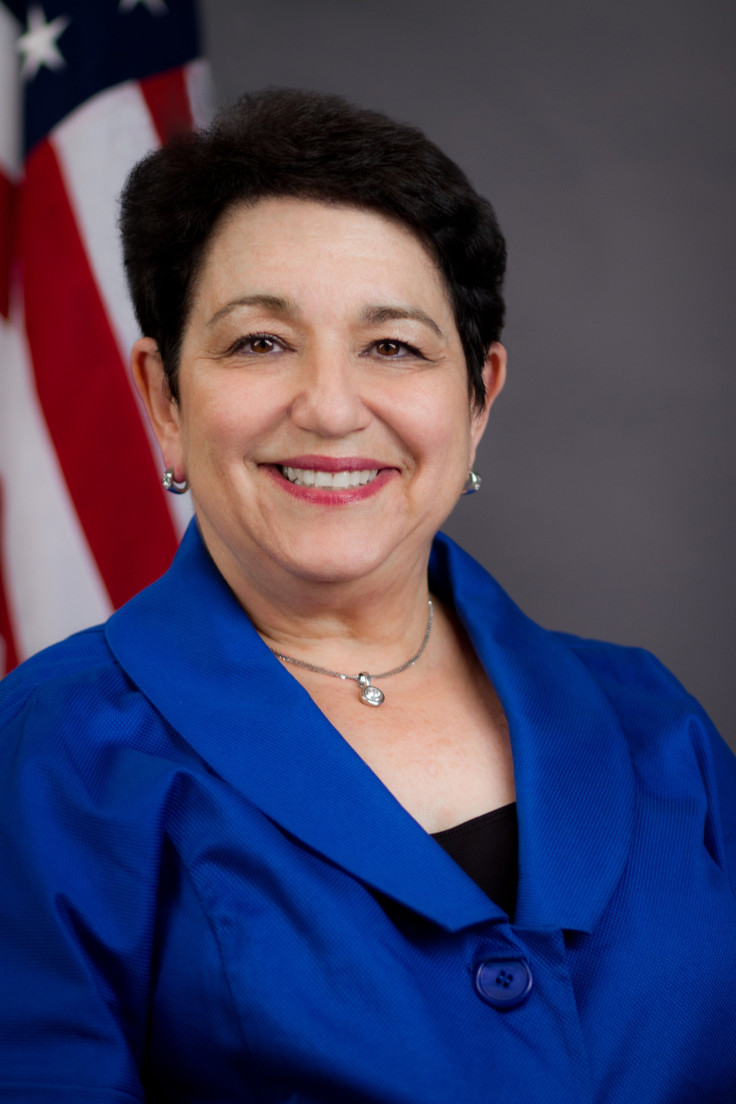Obama Names Elisse Walter New Head Of SEC

President Obama on Monday named Elisse B. Walter as the new head of the U.S. Securities and Exchange Commission to replace outgoing Chairman Mary L. Schapiro, who led the agency in the aftermath of 2009 financial crisis.
Under Schapiro the SEC, which was widely criticized for lax oversight of the financial markets in the runup to the Great Recession, launched a record number of enforcement actions, 734 in fiscal 2011 and 734 in the recently completed fiscal 2012 year.
"The SEC is stronger, and our financial system is safer and better able to serve the American people -- thanks in large part to Mary's hard work," President Obama said.
President Obama's appointment of Walter, a current SEC commissioner who was a former senior executive vice president at the Financial Industry Regulatory Authority, surprised some who expected the White House to name Mary John Miller, a former director of fixed income at T. Rowe Price now working as undersecretary for domestic finance at the Treasury Department, as the new SEC head.
Walter, a current SEC commissioner, was appointed by President George W. Bush to the SEC and was sworn in on July 9, 2008.
Despite her accomplishments, Schapiro, who will step down Dec. 14 after nearly four years as chairman, failed to covince a majority of the commission's five members to tighten regulations on the the $2.6 trillion money market industry. Specifically, Schapiro wanted rules to make it more clear to investors that money market funds were mutual funds -- not interest-bearing checking accounts -- and thus not covered by such government guarantee as the Federal Deposit Insurance Corporation offers commercial bank deposits.
“It has been an incredibly rewarding experience to work with so many dedicated SEC staff who strive every day to protect investors and ensure our markets operate with integrity,” Schapiro said in a statement announcing her resignation. “Over the past four years we have brought a record number of enforcement actions, engaged in one of the busiest rulemaking periods, and gained greater authority from Congress to better fulfill our mission.”
© Copyright IBTimes 2024. All rights reserved.












